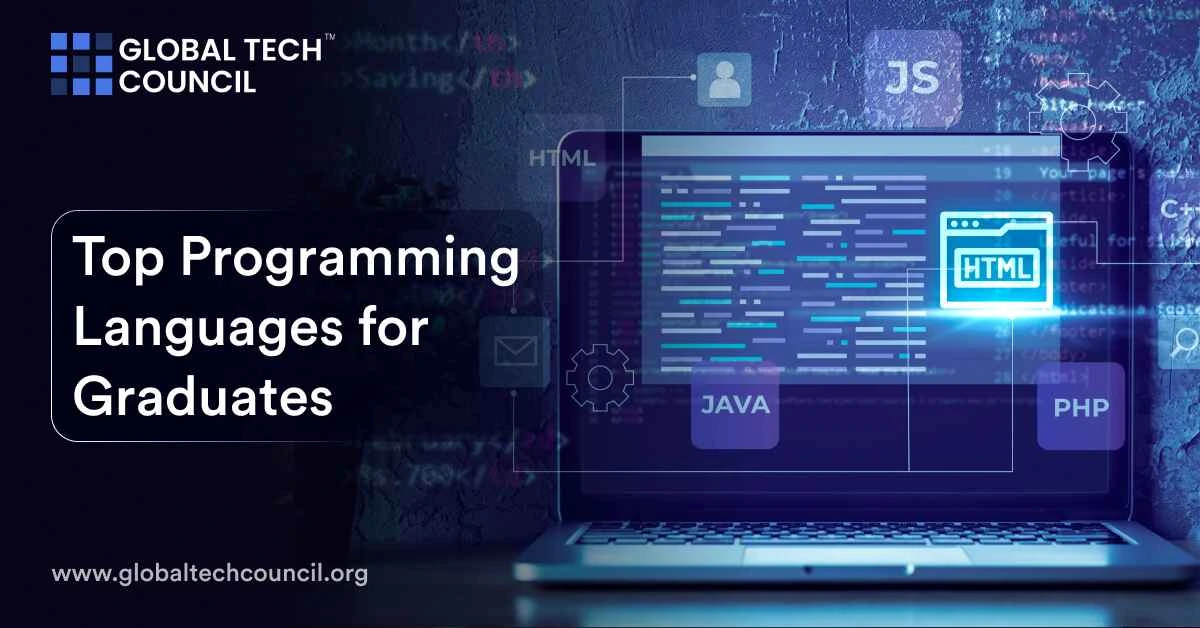
Choosing the right programming language can be a daunting task for aspiring developers, given the wide variety of options available today. Each programming language has its own strengths, weaknesses, and use cases, making it important to understand the characteristics and applications of different languages before diving into learning them. In this guide, we’ll explore some of the top programming languages in use today and their relevance in the software development landscape.
Python
Python has rapidly emerged as one of the most popular programming languages, known for its simplicity, readability, and versatility. With its clean and concise syntax, Python is widely used in various domains, including web development, data science, artificial intelligence, machine learning, and automation. Its extensive standard library and robust ecosystem of third-party libraries and frameworks, such as Django, Flask, NumPy, and TensorFlow, make it a go-to choice for developers seeking to build a wide range of applications quickly and efficiently.
JavaScript
JavaScript is the programming language of the web, powering dynamic and interactive web applications across browsers and platforms. As a client-side scripting language, JavaScript enables developers to add interactivity, animations, and functionality to web pages, making it essential for front-end development. In addition to client-side scripting, JavaScript is also used for server-side development (Node.js), mobile app development (React Native, Ionic), and game development (Unity, Phaser). Its widespread adoption and vibrant ecosystem of libraries and frameworks, such as React, Angular, and Vue.js, have cemented its position as a cornerstone of modern web development.
Java
Java is a robust and versatile programming language known for its platform independence, scalability, and performance. Originally designed for building enterprise applications, Java is widely used in backend development, mobile app development (Android), and large-scale distributed systems. Its object-oriented nature, strong type system, and extensive standard library make it suitable for building complex and mission-critical applications. While Java may have a steeper learning curve compared to other languages, its widespread adoption in enterprise environments and job market demand make it a valuable skill for developers.
C++
C++ is a powerful and efficient programming language widely used in system programming, game development, and performance-critical applications. Known for its speed, control, and low-level access to hardware, C++ is often used in industries where performance is paramount, such as finance, aerospace, and gaming. Despite its complexity and steep learning curve, mastering C++ can open doors to high-paying job opportunities and challenging projects requiring close interaction with hardware and low-level systems.
Swift
Swift is a modern and intuitive programming language developed by Apple for building iOS, macOS, watchOS, and tvOS applications. With its clean syntax, memory safety features, and performance optimizations, Swift offers a more streamlined and developer-friendly alternative to Objective-C. Its seamless integration with Apple’s development tools and frameworks, such as Xcode and SwiftUI, make it the preferred choice for developers targeting Apple’s ecosystem. As mobile app usage continues to grow, proficiency in Swift can offer lucrative career opportunities in the thriving iOS app development market.
SQL
Structured Query Language (SQL) is a specialized programming language used for managing and manipulating relational databases. As the standard language for database management systems (DBMS), SQL allows developers to perform various operations, such as querying data, inserting, updating, and deleting records, and defining database structures (tables, indexes, constraints). Proficiency in SQL is essential for anyone working with databases, including database administrators, data analysts, and backend developers. With the proliferation of data-driven applications and the importance of data management, SQL remains a fundamental skill for developers across industries.
Conclusion
The choice of programming language depends on various factors, including the type of application you want to build, your career goals, and personal preferences. While the programming languages mentioned in this guide are among the most popular and widely used today, there are many other languages worth exploring, each offering unique features and capabilities. Ultimately, the key to mastering any programming language lies in practice, experimentation, and continuous learning. Whether you’re a seasoned developer or just starting your coding journey, the world of programming languages offers endless opportunities for creativity, innovation, and problem-solving.